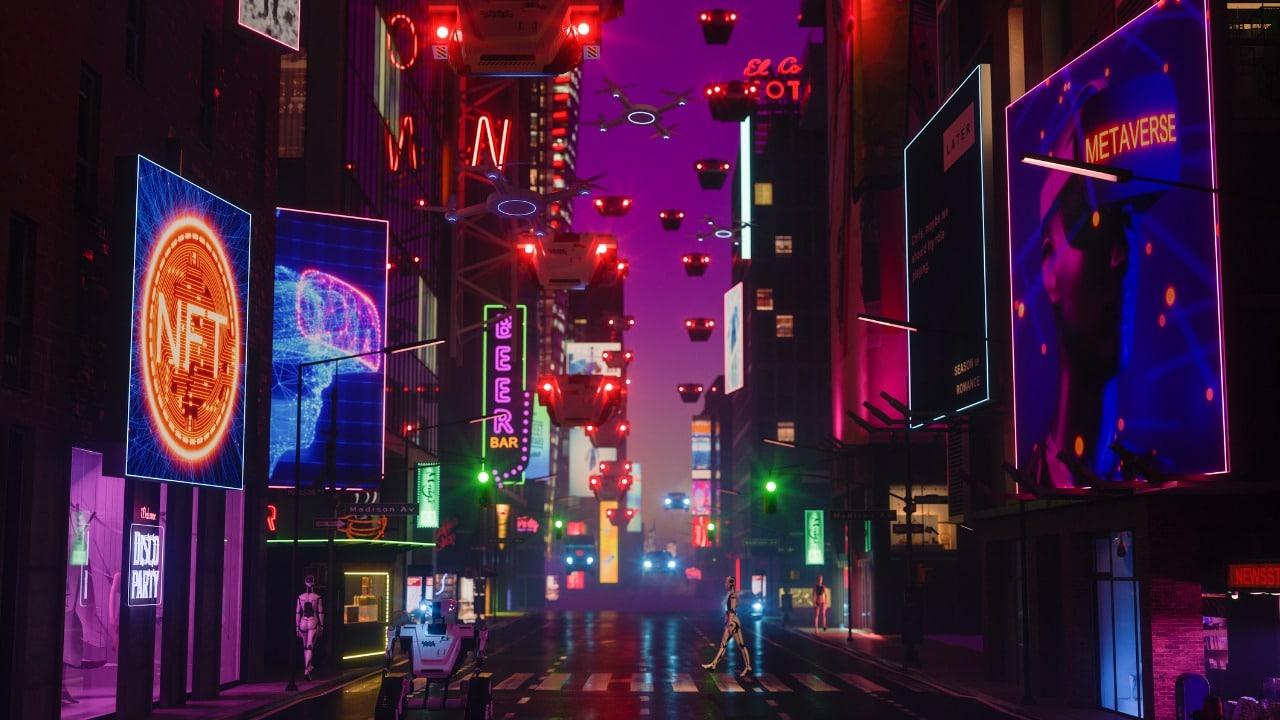The news of today may lead luxury brand managers to believe that Web 3.0 has already passed its prime. The company formerly known as Facebook, Meta, which is the main proponent of a more widespread adoption of the Metaverse, has let go of thousands of people. Cryptocurrency prices are falling everyday, and NFTs, which were popular a year ago, are now at record lows. However, it would be naïve for luxury marketers to think that the Metaverse is just a fleeting trend despite these fairly gloomy economic statistics. With the advent of the Metaverse, Millennial and Gen Z shoppers will fundamentally change the face of luxury retail by developing stronger bonds with businesses through their interactions in the Metaverse.
Younger consumers have a very high lifetime value for brands, making the Metaverse a crucial playground for winning their loyalty. The Metaverse is not a vague concept for younger customers who have never experienced a world without digital technology; rather, it is a setting where they feel completely at ease participating and making purchases. In fact, according to a recent study, almost 25% of Millennials and Gen Z respondents not only know about the Metaverse but also desire to shop there. Gen Z and Millennials, who make up about one-fifth of the population, claim they would buy something in an online game, according to 22% of them. 15% of respondents had previously purchased an NFT or digital good. The figures are even more startling when you look further into developing nations that are obsessed with luxury. In China, consumers under the age of 34 have utilized the Metaverse to find products in about 47% of cases. Among consumers of the same age in India, half had shopped online. Nearly 42% of Gen Z and Millennial consumers in the UAE have bought an NFT. To be relevant in the future decades, premium businesses must engage these consumers—power tomorrow’s shoppers—today in the Metaverse.
Now is the ideal time to create a Metaverse plan. As more young people born between 1996 and 2012 enter the workforce, Gen Z’s buying power will grow year over year. According to Bank of America, by 2030, Gen Z will control more than 25% of global revenue with a $33 trillion income. It may not be a coincidence that Morgan Stanley predicts the Metaverse will bring in $50 billion in sales to the luxury and fashion sectors by 2030.
It’s not too late to lead the Metaverse in the realm of luxury. Few luxury companies have completely explored the Metaverse’s possibilities or tried new things, but Gucci and Dolce & Gabbana have been the most creative up to this point. Simply put, the ability to offer virtual goods and NFTs to a captive audience makes gaming the best means to experiment and collaborate to date. Additionally, they have built online luxury boutiques that act as a starting point for more extensive Metaverse communication. Dolce & Gabbana took things a step further and sold a nine-piece collection of NFTs at auction alongside actual couture items, fetching 1,885.719 Ether, then worth $5.7 million (now worth about $2.3 million).
However, Gucci has taken extra measures to make sure that its brand maintains a competitive edge in the Metaverse. Gucci has created both the position and the division, which demonstrates the company’s broader commitment to the expanding role that gaming and Web3 will play in their ultimate commercial objectives.
Contact Seattle Software Developers to discuss how a Metaverse strategy can help your business.




